I need help with a complex select statement in SQL. I have these two table here:
Table user:
Table contacts_from_user:
When I make a select
SELECT name, vorname, gebdat, bezeichnung, wert
FROM user
JOIN contacts ON u_id = user_u_id
I get multiple lines for one user because he has more then one contact options but I need to put it in just one line:
The line should be looks like this:
name, vorname, gebdat, bezeichung_1, wert_1, bezeichnung_2, wert_2.......
How ca I do this?
Thanks a lot!


